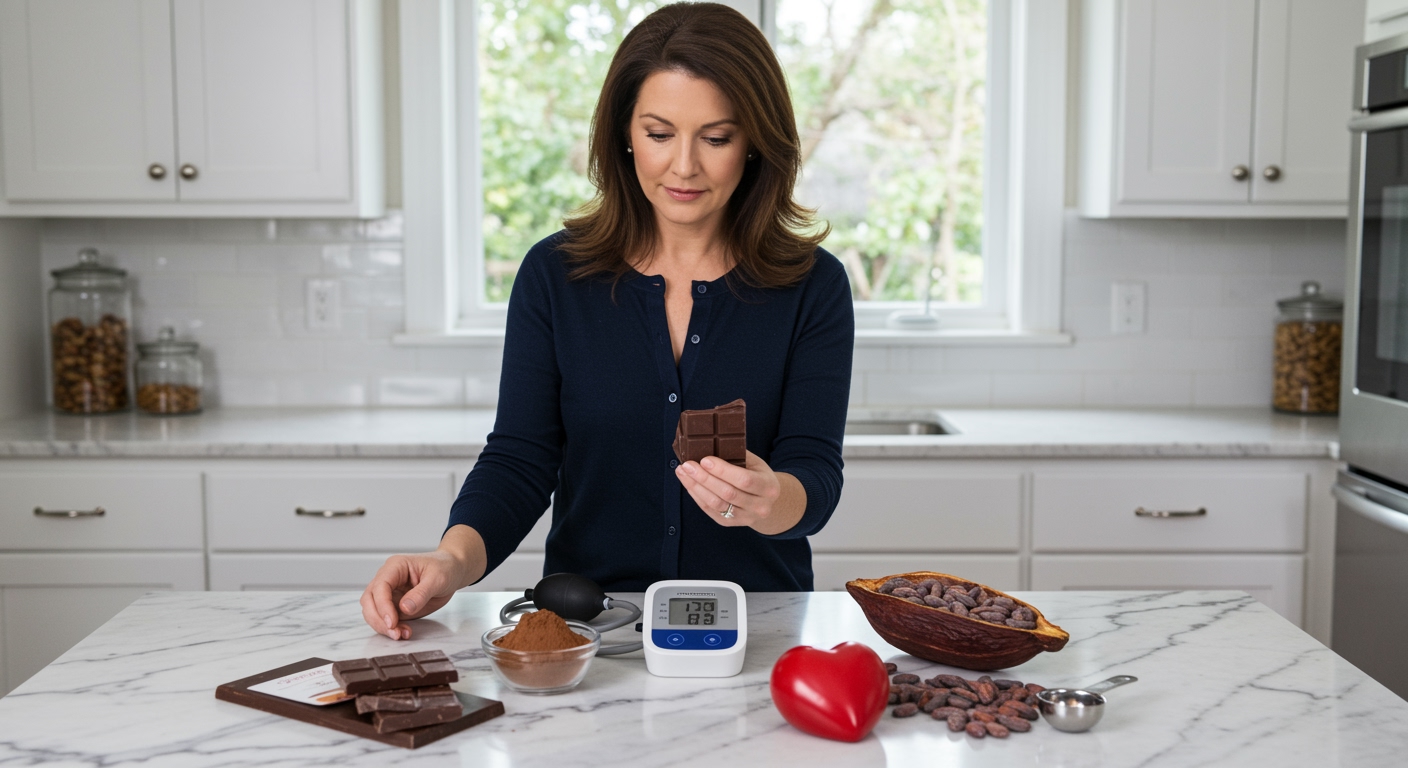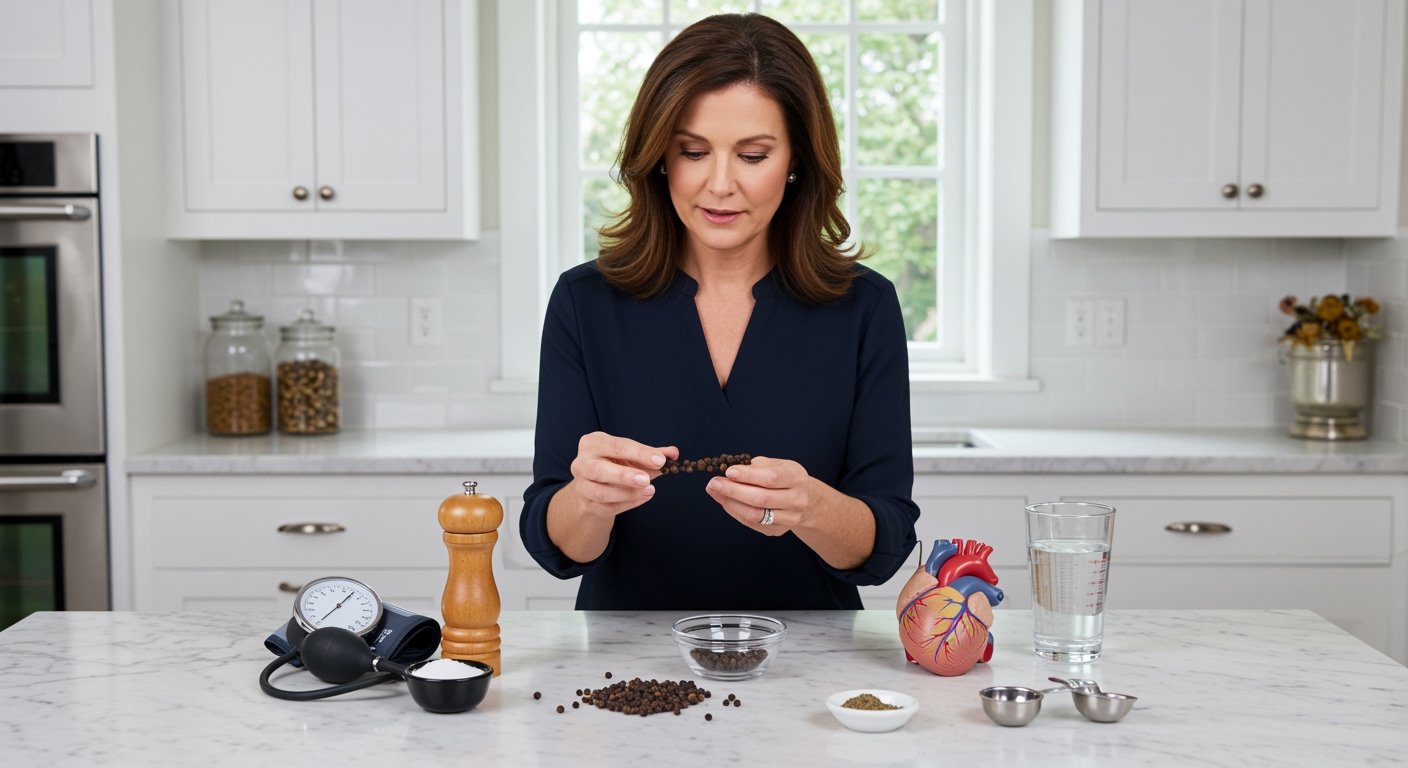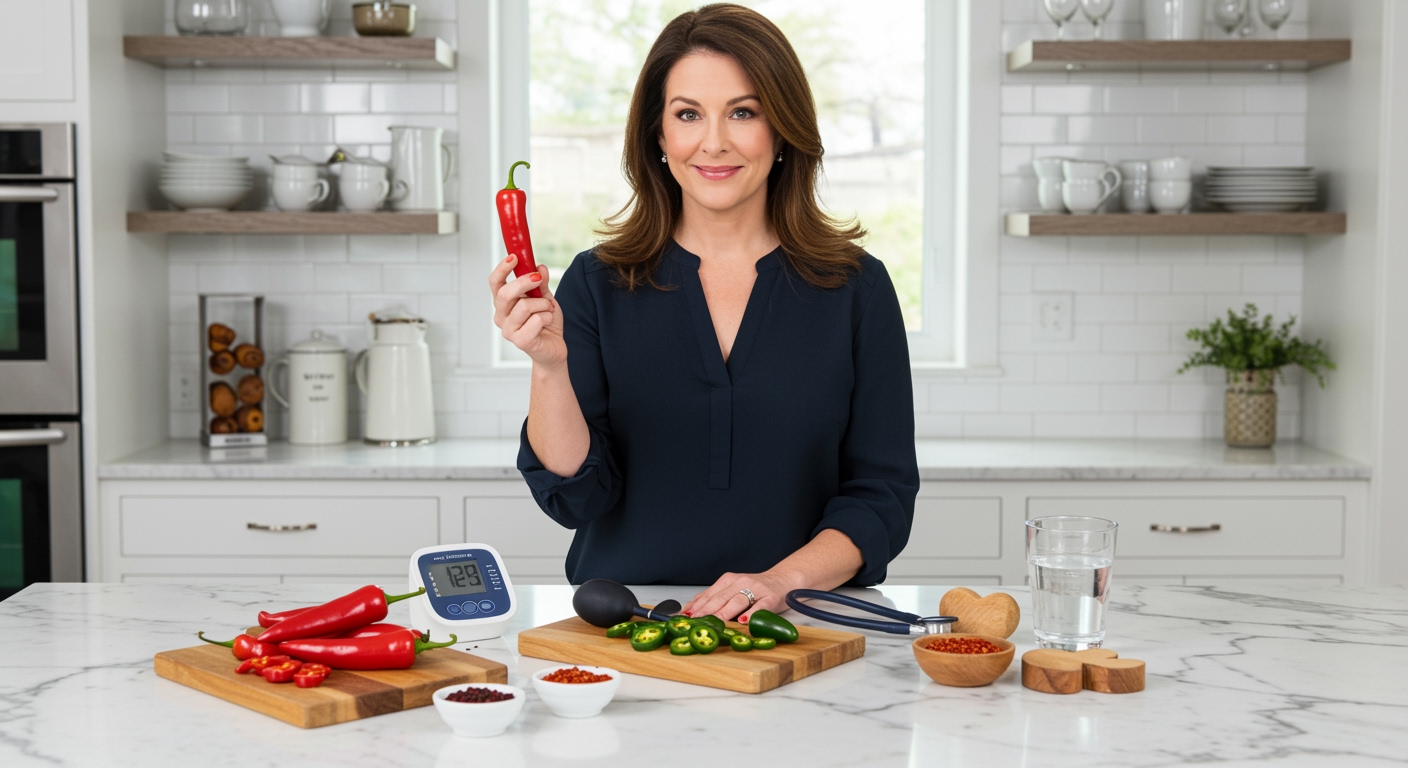✪ Key Takeaway: Rambutan may help lower blood pressure through its potassium content and antioxidants, but evidence remains limited.
Introduction
You walk through the grocery store and spot those spiky red fruits that look like they belong in a fantasy movie.
Maybe your doctor mentioned watching your blood pressure, and now you wonder if this exotic fruit called rambutan could be your secret weapon against hypertension.
Hi, I’m Abdur, your nutrition coach, and today I’m going to explain whether eating rambutan can actually lower your blood pressure and what the science tells us about this tropical fruit.
What Makes Rambutan Special For Blood Pressure?
Rambutan contains several compounds that could theoretically impact your blood pressure levels.
The fruit provides about 42 milligrams of potassium per 100 grams, which plays a crucial role in blood pressure regulation.
Potassium works by helping your kidneys remove excess sodium from your body through urine.
When sodium levels drop, your blood vessels can relax, and your blood pressure naturally decreases.
Rambutan also contains vitamin C and antioxidants like gallic acid and ellagic acid.
These antioxidants help protect your blood vessels from damage caused by free radicals, which can contribute to arterial stiffness and high blood pressure.
✪ Fact: One cup of rambutan provides only about 10% of your daily potassium needs.
Does The Science Support These Claims?
The research on rambutan specifically for blood pressure remains quite limited.
Most studies focus on the fruit’s antioxidant properties rather than direct cardiovascular effects.
A 2023 study published in scientific journals examined rambutan’s bioactive compounds and found promising antioxidant activity.
However, this research was conducted in laboratory settings, not on humans with high blood pressure.
The potassium content in rambutan is relatively modest compared to other fruits like bananas or oranges.
While potassium does help lower blood pressure, you would need to eat large quantities of rambutan to get a meaningful therapeutic effect.
The antioxidant compounds show more promise, but we need human clinical trials to confirm their blood pressure benefits.
✪ Note: Laboratory studies cannot predict how foods will affect human blood pressure.
How Much Rambutan Would You Need To Eat?
To get significant blood pressure benefits from potassium, you need about 3,500 to 4,700 milligrams daily.
Since rambutan contains only 42 milligrams per 100 grams, you would need to eat over 10 kilograms of the fruit daily.
That equals roughly 80 to 100 individual rambutans every single day.
This amount is completely unrealistic and would cause digestive problems from excessive fiber and natural sugars.
The high sugar content would also spike your blood glucose levels, potentially causing more harm than good.
Even the antioxidant benefits would require consistent daily consumption over months or years to show measurable effects.
A more practical approach involves eating rambutan as part of a balanced diet rich in various potassium sources.
✪ Pro Tip: Combine rambutan with bananas, spinach, and avocados for better potassium intake.
What Are Better Natural Options For Blood Pressure?
If you want to lower blood pressure naturally through diet, focus on proven foods with stronger evidence.
Bananas provide 358 milligrams of potassium per 100 grams, nearly nine times more than rambutan.
Leafy greens like spinach offer both potassium and magnesium, which work together to relax blood vessels.
Beets contain natural nitrates that convert to nitric oxide in your body, directly dilating blood vessels.
Garlic has been shown in multiple studies to reduce both systolic and diastolic blood pressure readings.
The DASH diet approach, emphasizing fruits, vegetables, whole grains, and lean proteins, has strong scientific backing for blood pressure reduction.
Rather than relying on exotic fruits like rambutan, build your diet around these evidence-based choices.
✪ Fact: The DASH diet can lower blood pressure by 8-14 mmHg in just two weeks.
The Bottom Line
Rambutan contains some beneficial compounds for heart health, but it will not significantly lower your blood pressure on its own.
Real nutrition success comes from consistent daily choices, not magical single foods, and rambutan should be enjoyed as part of a varied, balanced diet rather than viewed as a blood pressure cure.
I would love to hear about your experiences with managing blood pressure through diet, so please share your questions or thoughts in the comments below.
References
At NutritionCrown, we use quality and credible sources to ensure our content is accurate and trustworthy. Below are the sources referenced in creating this article:





